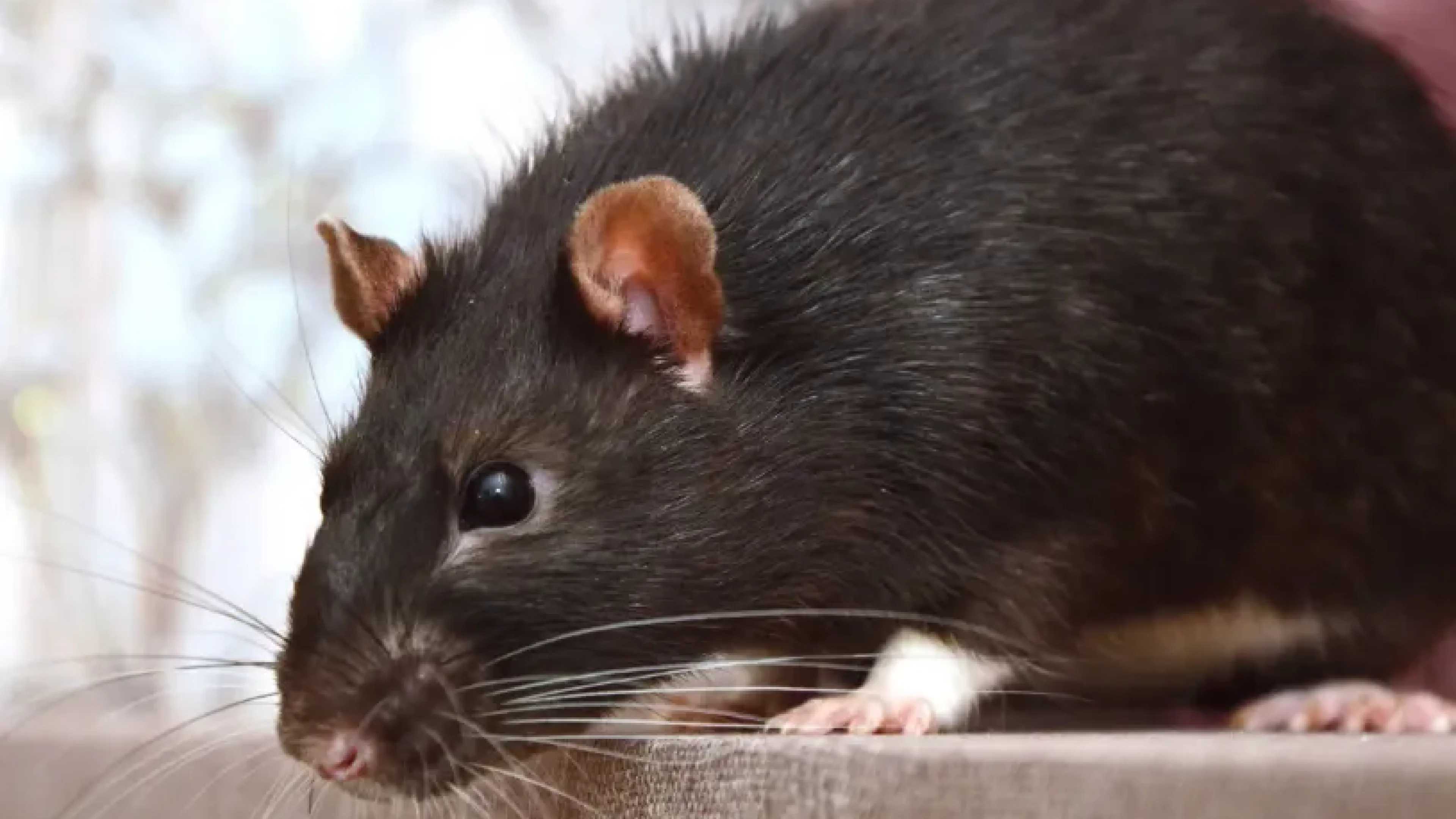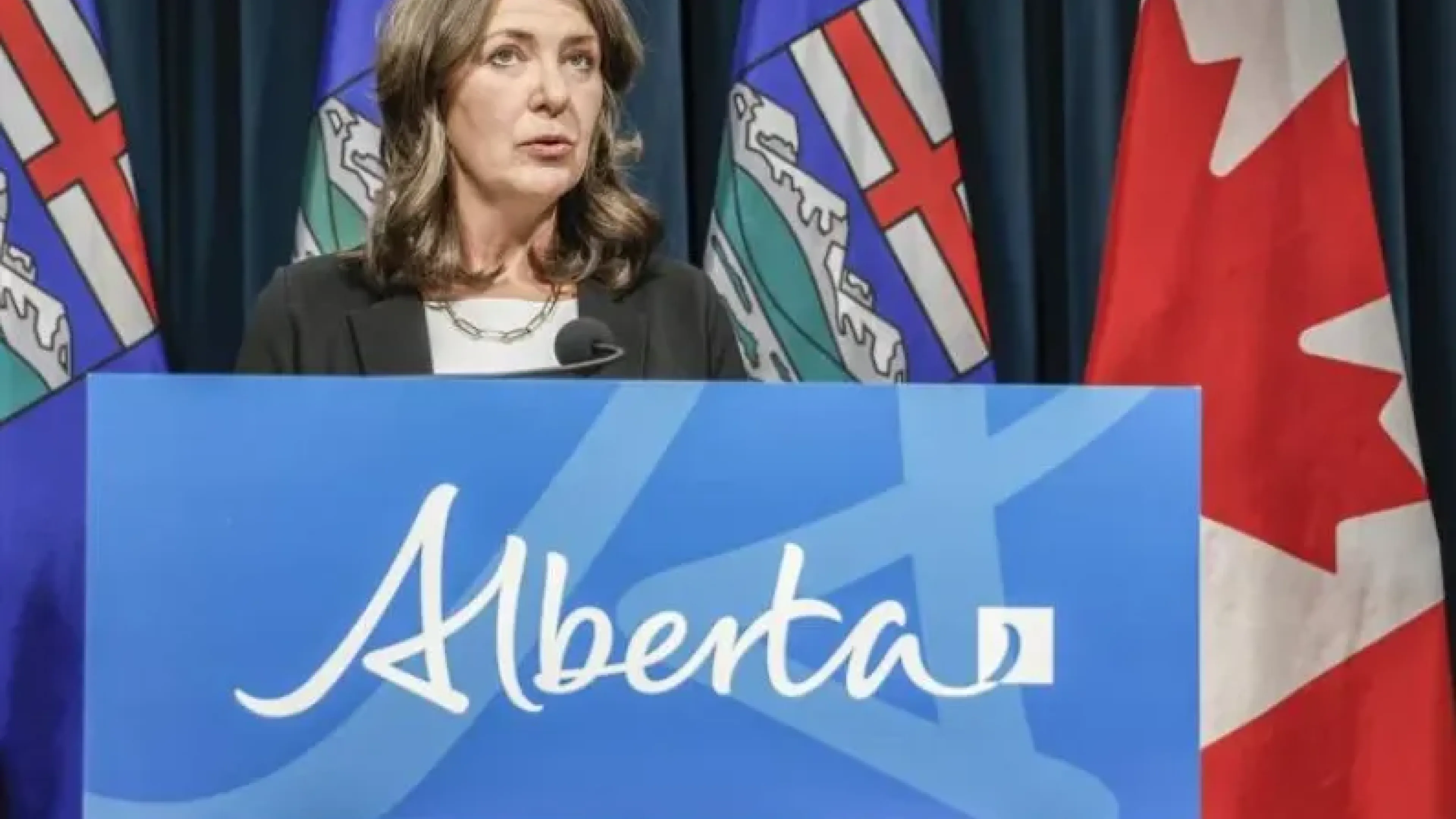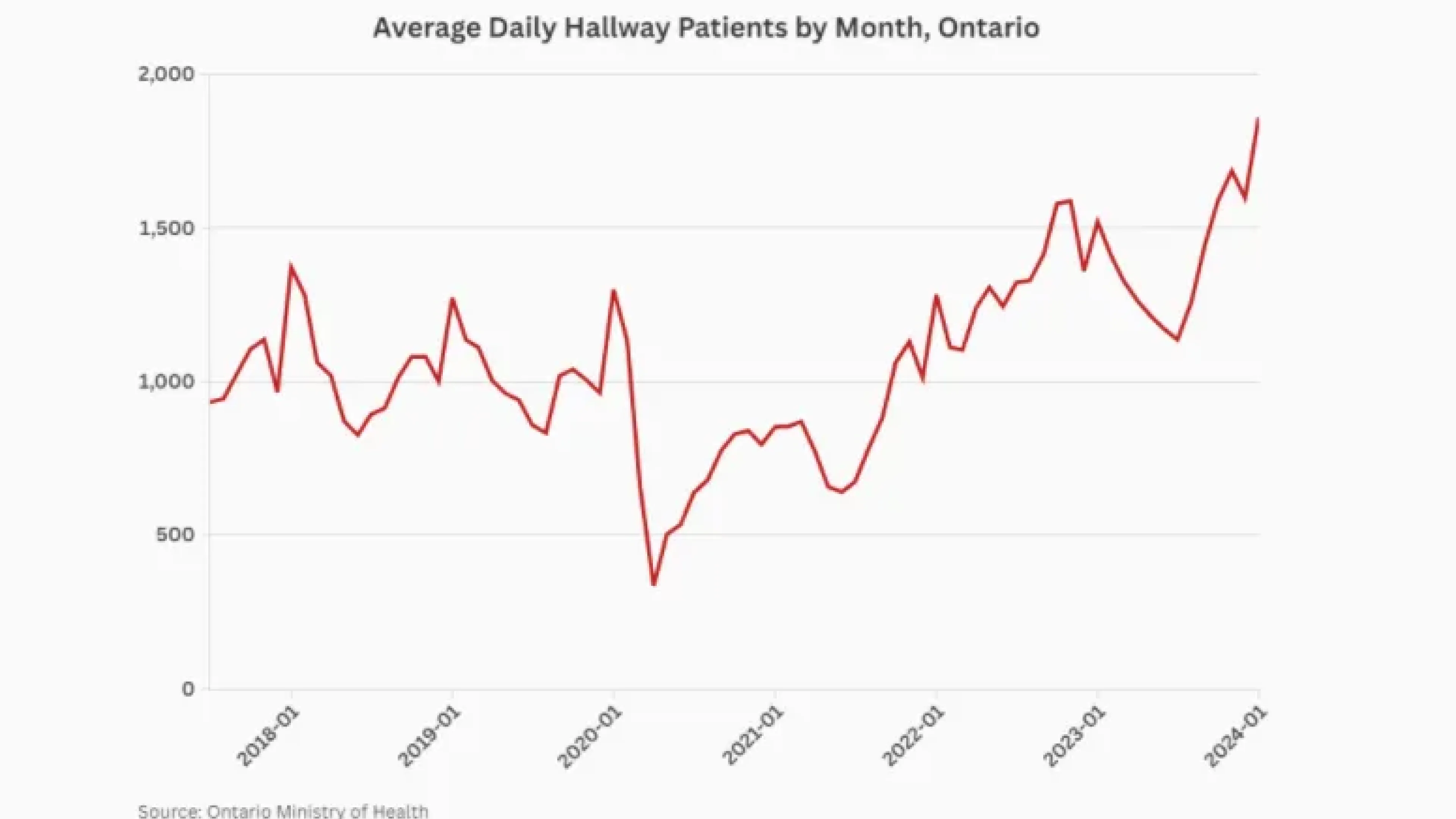You’re reading the web version of our email briefing on health policy, science and medical news. Sign up to get it next week.
Hi Healthwatchers,
Many U.S. doctors say they're open to leaving a practice environment that’s become unstable and frankly, scary.
As professional autonomy is increasingly subjugated by both political whim and corporate pressure, the Canadian Dream calls.
What exactly are they fleeing? Look around, and read on.

Facing severe shortages of physicians and nurses, several provinces are recruiting U.S. health professionals to fill gaps in primary care and staff rural ERs.
Why it's important: Many U.S. physicians have long mused about making the move to Canada. Since Trump’s return to power, some have. Struggling provincial health systems may benefit from an abrupt outflow if provinces act quickly. Some are.
Recruiters say there’s increased and sustained interest in Canada among American obstetricians, psychiatrists, and family doctors. Programs in B.C., Manitoba, Nova Scotia, and Ontario aim to make the transition easier and fast-track Canadian licensure, which P.E.I. has waived outright for doctors from the U.S.
Read more…

Four rats in California have tested positive for the H5N1 virus. The discovery follows previous detections in mice and squirrels.
Why it's important: Historically, when pathogens establish themselves in rodent populations, things can get dicey. Rats live in close quarters with people, so if H5N1 adapts further to them, transmission risk could rise — for us.
Last week, the Public Health Agency of Canada announced the purchase of half a million human vaccines for H5N1 from UK-based GSK. Meanwhile, the B.C. CDC is funding projects aimed at detecting mutations that increase human transmission-risk, developing antibody tests, and expanding wastewater surveillance.
Read more…

Kennedy promised a “Make America Healthy Again” commission to investigate vaccines, pesticides and antidepressants.
Why it's important: Under the leadership of both Kennedy and economist Jay Bhattacharya, medical guidance from U.S. federal agencies is set to diverge wildly from that of other nations’ science bodies. We’ll need to rely more on our own data.
During his confirmation process, Kennedy vowed not to change the childhood vaccine schedule to secure a key yes-vote from Republican senator Bill Cassidy. But at his welcome ceremony last week, he said, “nothing is going to be off-limits.”
Read more…

Legislation has been introduced in Missouri to form dual registries for pregnant women deemed “at risk” of abortion and for prospective adoptive parents.
Why it's important: The bill would let government officials match women labeled “at risk” with adoptive parents. The stated aims are to boost adoption rates and lower the number of in-state abortions.
The bill remains in an early proposal stage, for now, and what qualifies as “at risk” isn’t clearly defined. One can speculate that factors such as income level, age, marital status and history of prior abortions could be used to track women.
Read more…

Documents show Alberta Surgical Group is charging taxpayers more than double the public hospital rate for hip replacements.
Why it's important: The Alberta government has been aggressively promoting the expansion of government-funded private surgical delivery. But as a care model, it doesn’t seem cost-effective. This issue isn’t unique to Alberta.
The former head of Alberta Health Services alleges the government pressured her to sign dodgy contracts with the surgical firm, triggering an auditor general investigation. This week Premier Smith shuffled out a deputy minister in response to the ongoing scandal.
Read more…

Seven years ago Ontario Premier Doug Ford vowed to “end hallway healthcare.” The province’s EDs now force some into “chair care,” often in waiting rooms with little privacy.
Why it's important: Despite past campaign promises, hospitals remain overfilled. Confidential Ontario Health data show that one in ten ED patients wait 9.5–13 hours. That’s a big jump from the 7.5–10 hour range seen over the last decade.
Among provinces, Ontario has the fewest hospital beds per capita. Canada overall has one of the lowest per capita rates of staffed hospital beds among wealthy nations. Americans thinking of moving, come soon. We could use your help.
Read more…
That’s a wrap for this week. Lots to take in.
Healthcare, in the U.S. and Canada, is under pressure from forces that really shouldn’t be meddling in it. I hope this newsletter helped shine some light on what’s happening behind the scenes, and why it matters for all of us.
Thanks for being here, and for paying attention.
See you in a week,
Nick Tsergas, Editor
Canada Healthwatch
[email protected] | canadahealthwatch.ca
Stay informed.
On the most important developments in Canadian health.
Get Canada’s essential briefing on health policy, science, and system change. Get Briefing